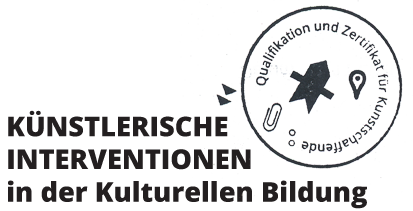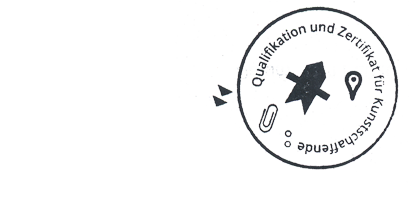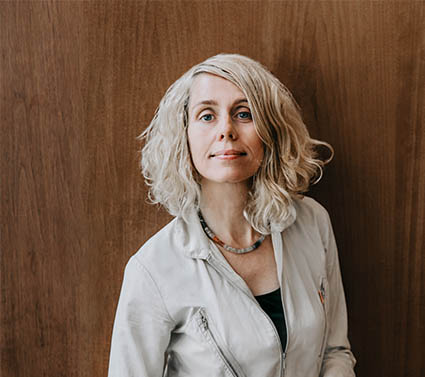



Uta Plate is a theatre maker and lecturer. After graduating in applied civilisation studies at the University of Hildesheim, her publication “Fremd bleiben”, on intercultural theatre work, was published (co-author: W. v. Bernstorff). From 1999 to 2014, she was head theatre pedagogue at the Schaubühne Berlin. Since 2014, Plate has been working internationally as a freelance theatre producer. Her focal areas are: inter-generative projects, working with socially disadvantaged groups, citizens’ theatre projects, documentary theatre, international projects with youths, site-specific projects. In addition, she teaches as a lecturer at universities in Berlin, Gießen, Hildesheim, Hannover, Copenhagen (Denmark) and Ouagadougou (Burkina Faso).
What is your professional focus?
“There is a crack in everything. That’s how the light gets in.” (Leonard Cohen)
My professional focal area is my collaborative activities with the experts on everyday life, the common quest for and experimenting with one’s own biographical life traits, which are characterised by cracks – moments of collapse, of radical change, of a new start. Light penetrating a crack tells the audience about new paths which one might previously not have believed to be possible.
I invite people with different perspectives on societal contexts to my theatre work, such as family judges or rainbow family associations, as was the case in the production “Schöne neue Welt: Familie 2.0” (Schauspielhaus Graz). In the documentary international research project “Youth Memory” (Deutsches Theater Berlin), together with Russian, Polish and German youths, we examined the various rituals commemorating the Second World War in the respective countries. The different historical narratives created friction which was then expressed onstage. In inter-generative theatre projects with native senior citizens and young refugees, too, courage is called for to engage in disputes, to ask each other questions no one else would otherwise dare to ask. (Residenztheater München: Servus Salem)
What potentials do you see in the certificate course “Artistic Interventions in Cultural Education” for your specialist field?
The course is aimed at examining the art of the “common” process, and how the latter can be initiated and designed. How does interaction between one’s own artistic inspiration and the quest and the ideas as well as research performed by the participants emerge?
Since the form defines the statement, it is important for the course to examine the effects of aesthetic and formal language. How do we want to narrate our contents? Should a discovery be disclosed? Should the world question things, and should the audience be disturbed? Or should new worlds be invented? Embarking on open processes demands much courage and confidence among all participants. The artists provide the tailwind this requires. The course can create the basis for clarity, eagerness to take risks and scope for possibilities.
Which changes are needed at cultural policy or education policy level to strengthen the potentials of cooperation with artists for Cultural Education in Germany?
One urgent objective ought to be that children and youths have a say and participate. Opportunity gaps encountered by young people have become even more apparent during the pandemic. How can we creators of culture counter the inequalities leading to dead-ends in thought, feeling and action with alternative spaces to discover and experience things?
As a freelance theatre producer and theatre pedagogue, I experience the challenge to establish projects in Cultural Education among existing hierarchies. How can spaces to act and research develop and mature in theatres which are used to other thought hierarchies and modes of communication? Often, establishing “the right life in the wrong life” is a conflict-laden field. Such conflicts need different spaces to make them more productive – i.e. not to just cope with them as well as possible in short-term processes, but to comprehensively explore and develop them. I would like to see all participants gain such spaces.
Uta Plate at “Artistic Interventions in Cultural Education”
Uta Plate is taking part in the course framework as a lecturer in Module 1: “Potentials of art for cultural education processes” as well as in Module 4: . If you have any queries or are interested in cooperating, you are welcome to contact zertifikatskurs [at] uni-hildesheim [dot] de.